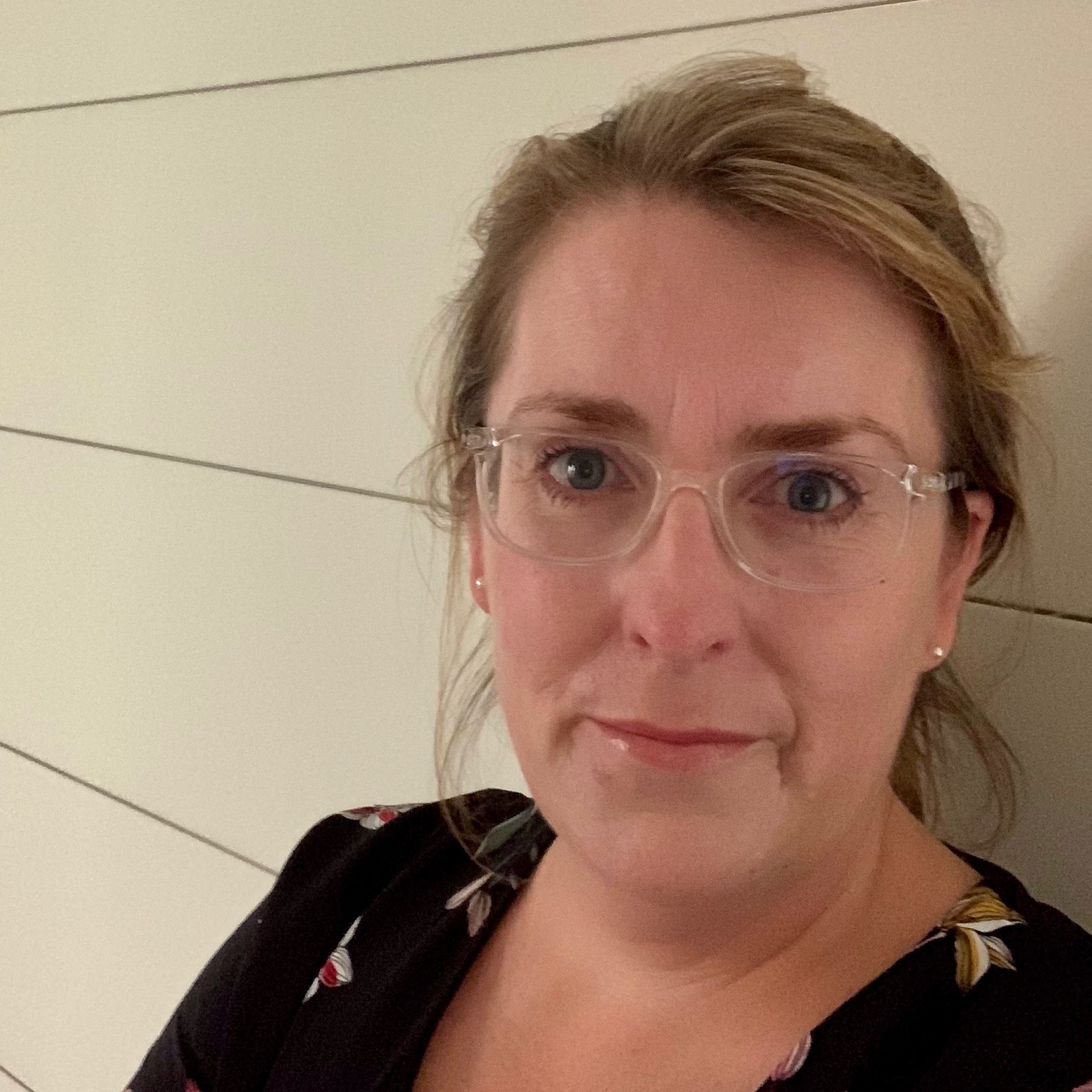The growing presence of AI technologies in ECEC is igniting discussion amongst educators, leaders and academics about the evolving role of documentation.
Join us for a thought-provoking webinar drawing on diverse perspectives—from academic research to pedagogical practice and organisational insight. Together we’ll explore the complexities and possibilities AI brings to documentation practice.
Our speakers, Jessica Mitchell and Dr Kate Highfield, bring a wealth of experience to the discussion. Jessica, with a background in both centre-based and corporate roles, is passionate about innovation, and focusses on how technology can empower educators without increasing their workload. Kate’s current work explores the impact of technology as a tool with young children, parents and educators. Also joined by Storypark's lead pedagogical consultant, Amanda Higgins is passionate about environmental education and leveraging digital technologies to enhance children's engagement and learning.
We’ll delve into the different opportunities and challenges for educators using AI, particularly in regards to pedagogical documentation, our responsibilities and the things we need to consider when using AI as part of our documentation practices.
With time for Q&A, join the conversation, as we unpack and understand the future of AI tools for documentation.
Certificates are available to those who attend the full, live webinar.
Can’t make it live? No problem, simply register and we'll send you the recording.







.png)

.jpg)






